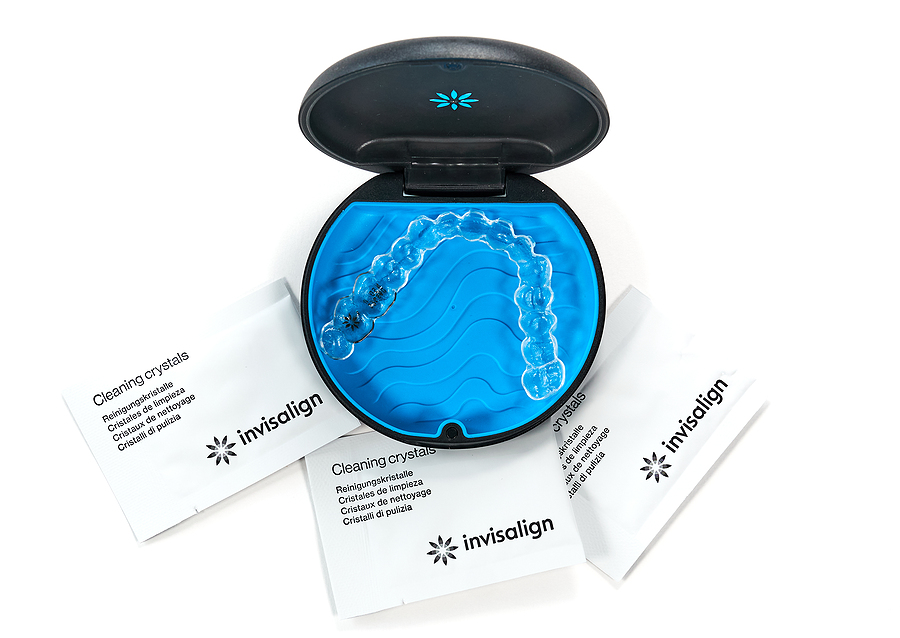As the last days of summer simmer down, heading out to your local beach or lake can be a great way to get in some quality time with your friends and family. According to the National Oceanic and Atmospheric Administration, approximately 74 million Americans participate in boating each year. This activity takes many forms—some people jump on water skis for an adrenaline rush, others explore their competitive sides by racing canoes, and many simply relax for a sunset sail around the harbor. Boating is a great summer activity, but unfortunately, it can also put your smile at risk. At Dr. Craig Armstrong’s Houston dental practice, we’re committed to helping our patients have their fun while maintaining their pearly whites. In the following blog, we discuss the dental dangers of boating and describe how our team can help.
Beware of Slippery Surfaces
Whether you’re aboard a sailboat, kayaking, or speeding along in a jet ski, you’ll need to tread carefully on your vessel’s wet surfaces, especially when you get in and out of it. Slipping and falling could cause a whole host of injuries. Any impact to your facial region could cause dental damage. Excessive pressure or force on your teeth could cause them to chip, break, crack, or fracture. Severe cases of oral trauma could require an emergency dental appointment, during which Dr. Armstrong can clean your tooth, apply bonding material, and cap it with a dental crown if needed. However, even more minor damage can cause serious oral health problems down the line. Many people incur tiny fractures or chips without immediately realizing it. Left untreated, these openings in the tooth can increase your risk for decay and allow bacteria to penetrate its inner workings, which may require a filling or root canal therapy to remedy.
To lower your risk for dental injury while boating, you should:
- Wipe down wet surfaces with towels if at all possible before boarding or leaving the vessel.
- Wear appropriate, waterproof shoes with excellent grip.
- Use lifejackets as needed, which can reduce your risks if you do fall into the water.
- Take boating safety courses before embarking so you understand which precautions to take.
- Use a mouth guard, especially if you engage in higher impact boating sports such as kayaking, rowing, or jet skiing. Dr. Armstrong can help fit you for a custom made oral appliance to protect your teeth.
Pack Healthier Snacks
Many people enjoy cruising around their local bay, lake, or harbor with an on-boat picnic. Hungry boaters might also be tempted to grab snacks between rounds of jet skiing or canoe racing. No matter which type of water-based recreational activity you enjoy, maintaining a healthy diet is a must. To keep your teeth smooth, clean, and cavity-free, try to avoid sugary, starchy, or acidic snacks while munching on fresh fruits and vegetables instead.
Drink Plenty of Water
In the well-known nautical poem “The Rime of the Ancient Mariner,” a sailor utters the famous line: “water, water everywhere, nor any drop to drink.” This sentiment rings true when it comes to boating. NRS explains: “Dehydration, or excessive loss of bodily fluids, is a common problem in a number of athletic endeavors, and it’s often a problem that boaters experience.” NRS goes on to explain that boaters are particularly prone to dehydration because:
- “Kayaking, rafting, SUP, canoeing, and other watersports can be quite strenuous,” leading you to sweat out your reserves.
- Bringing water bottles or jugs on small boats may not be particularly feasible, nor is it easy to chug the H20 you need while attempting to paddle or steer.
- Bathrooms don’t tend to be plentiful out on the water, so “you may find yourself cutting back on drinking so you don’t have to pee.”
Your hydration affects every aspect of your wellbeing, but it is especially key to your dental health. Your saliva acts as a natural mouthwash—in addition to rinsing away debris, it contains compounds that actively fight harmful bacteria. Without enough water, your body can’t produce the spit you need to maintain a beautiful smile. To keep your teeth healthy while out on the water, we recommend replenishing your fluids between activities, bringing small portable flasks aboard with you, and using facilities wherever they are available.
We Can Help You Boat and Beam Better
If you take the right steps, you don’t have to sacrifice your smile to sail. Contact our practice in Westchase today to learn more tips or schedule an appointment.
Visit Our Office
Office Hours
- MON8:00 am - 6:00 pm
- TUE8:00 am - 6:00 pm
- WED8:00 am - 6:00 pm
- THU8:00 am - 6:00 pm
- FRIClosed
- SATClosed
- SUNClosed
10370 Richmond Ave. Ste 310,
Houston, TX
Phone : (832) 251-1234Text Us : (832) 251-1234






